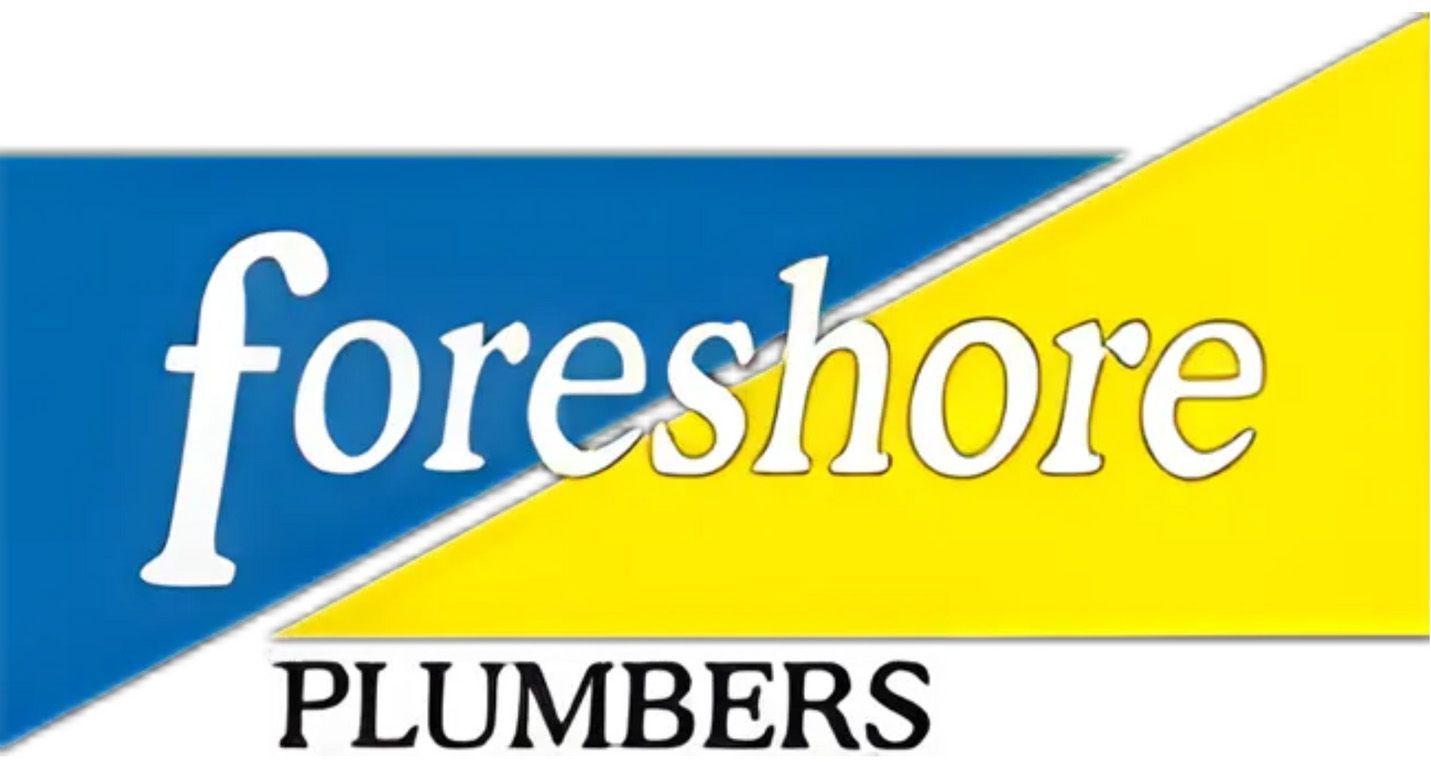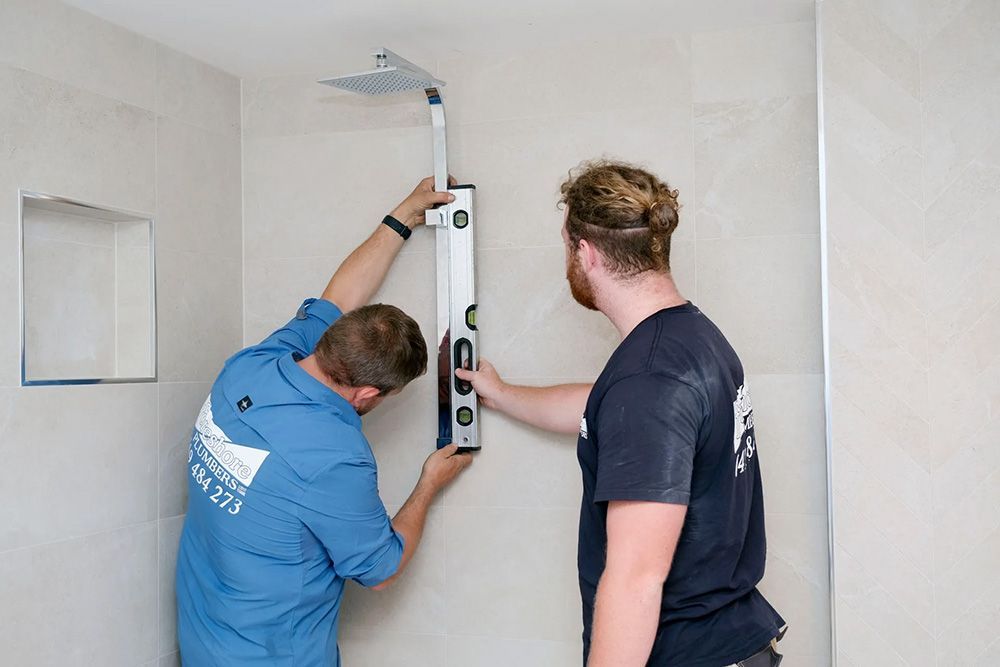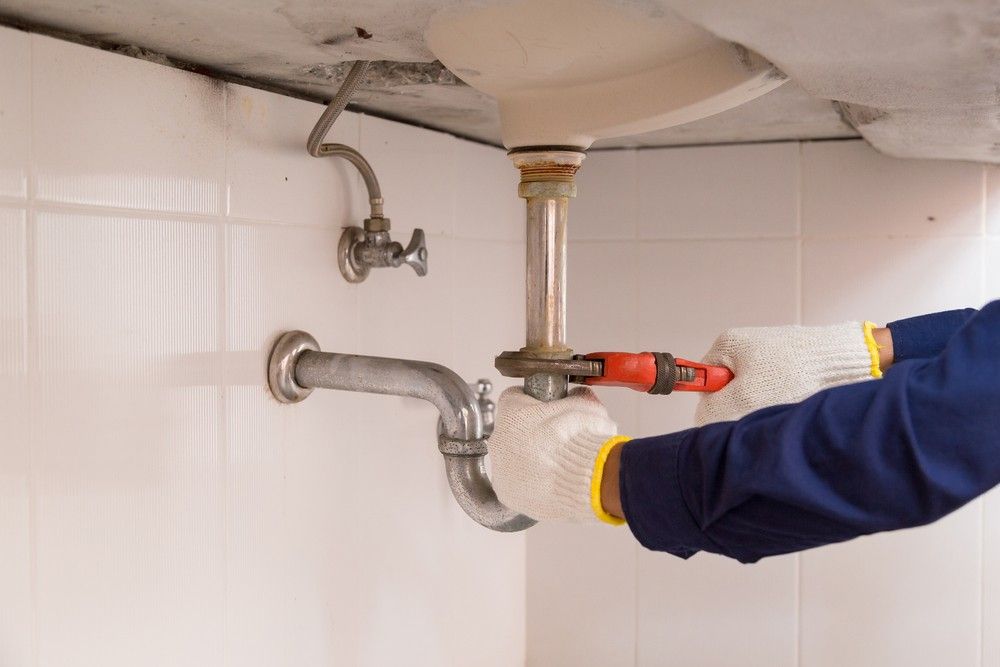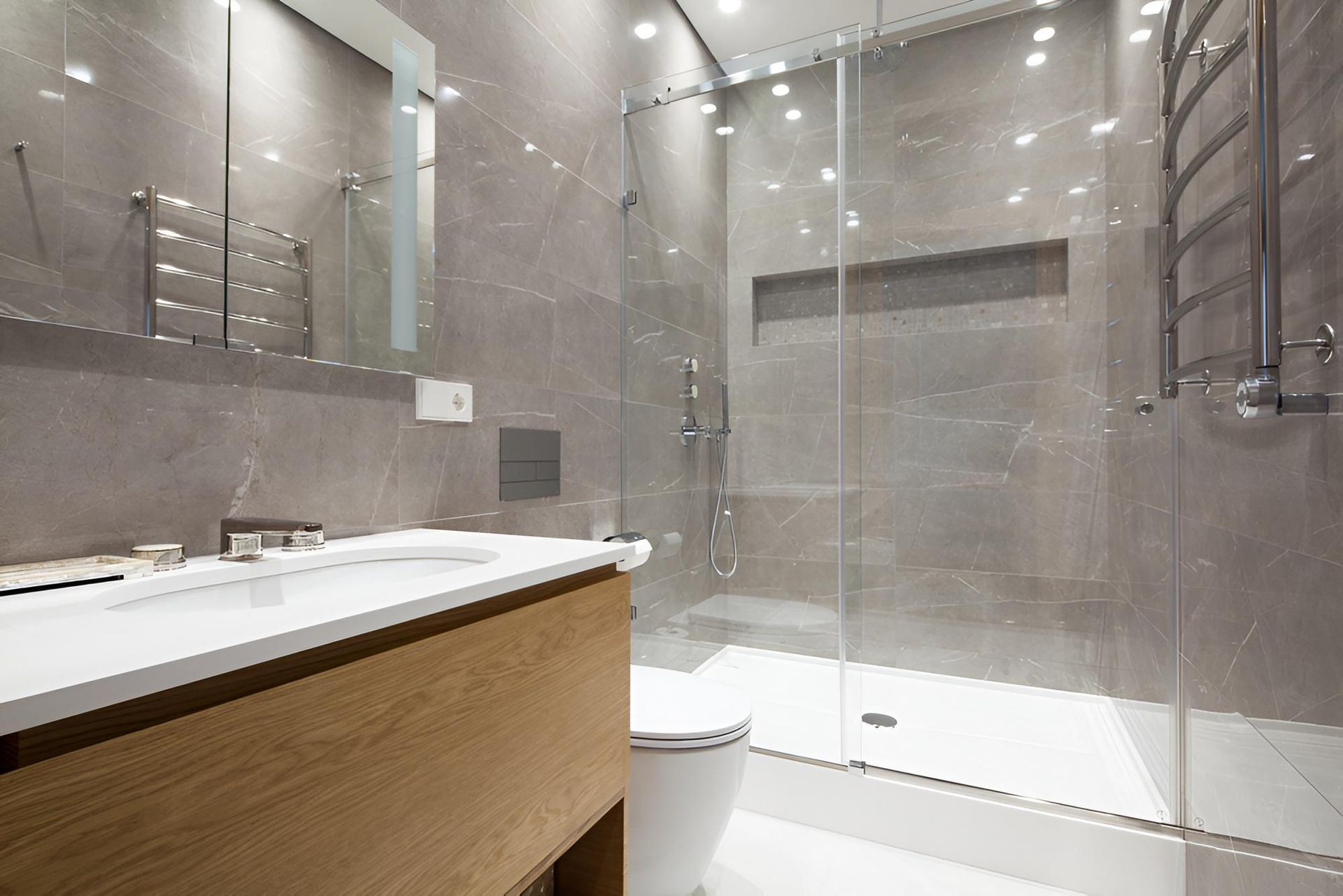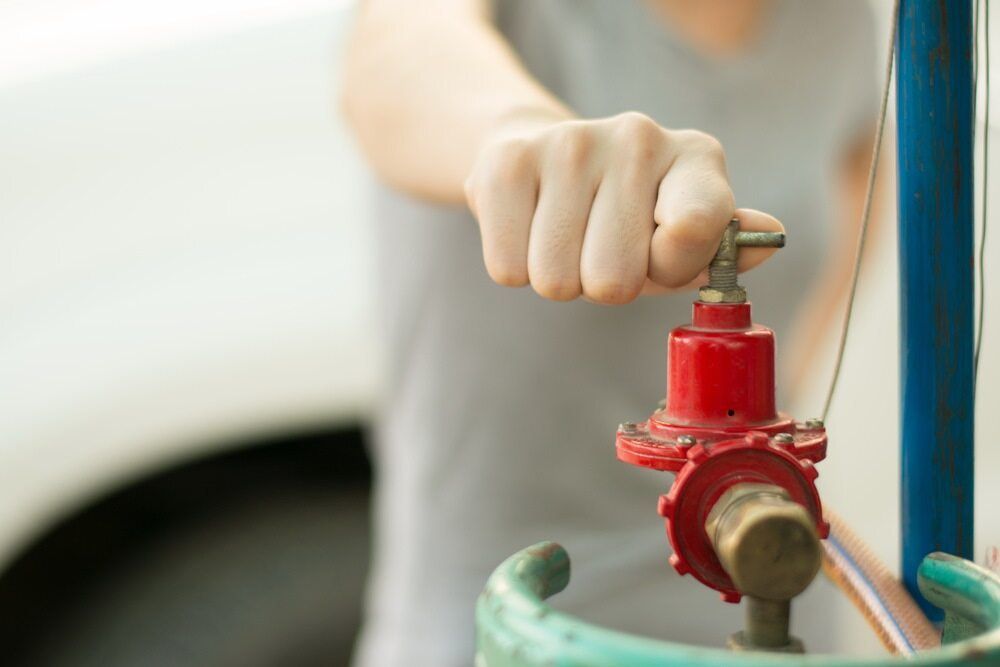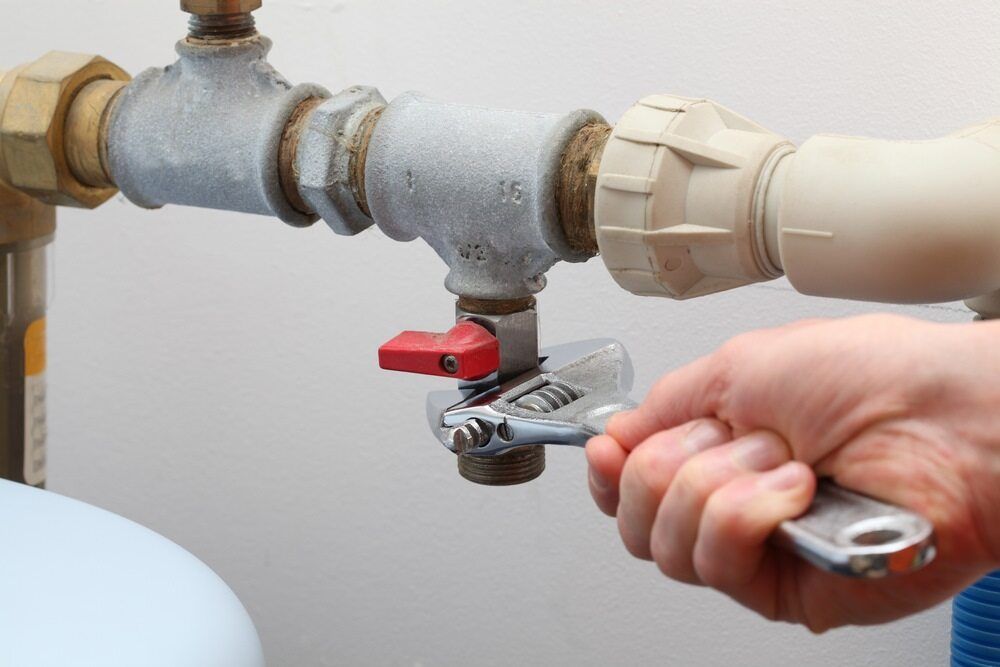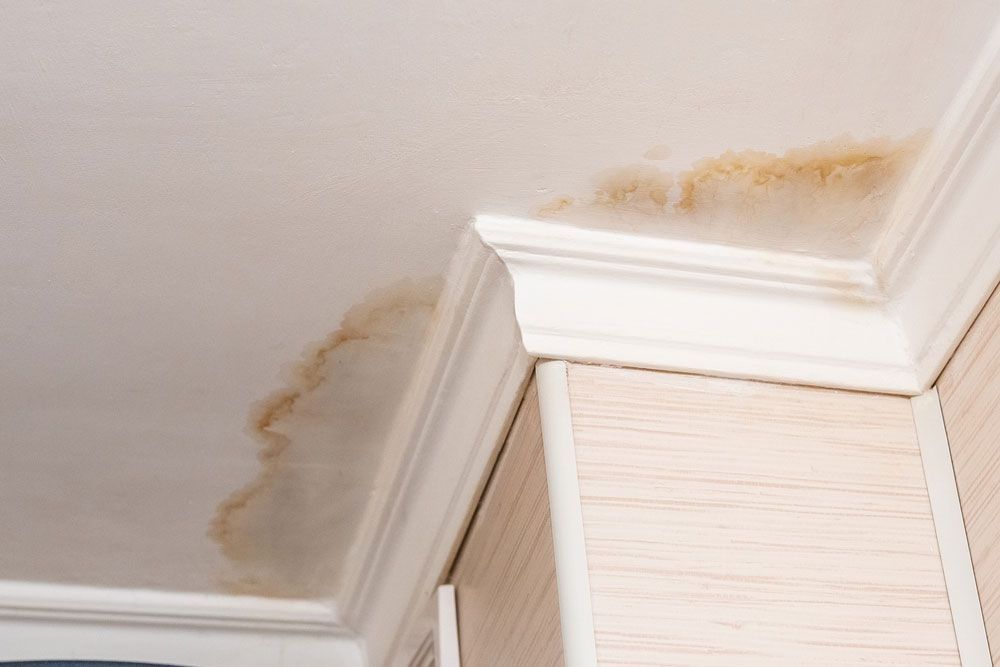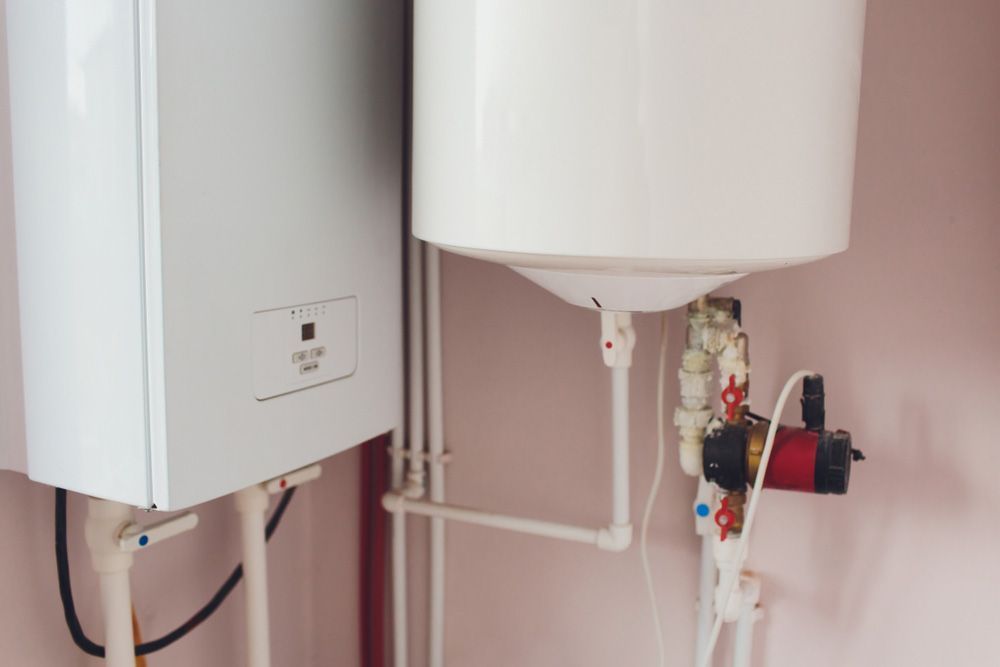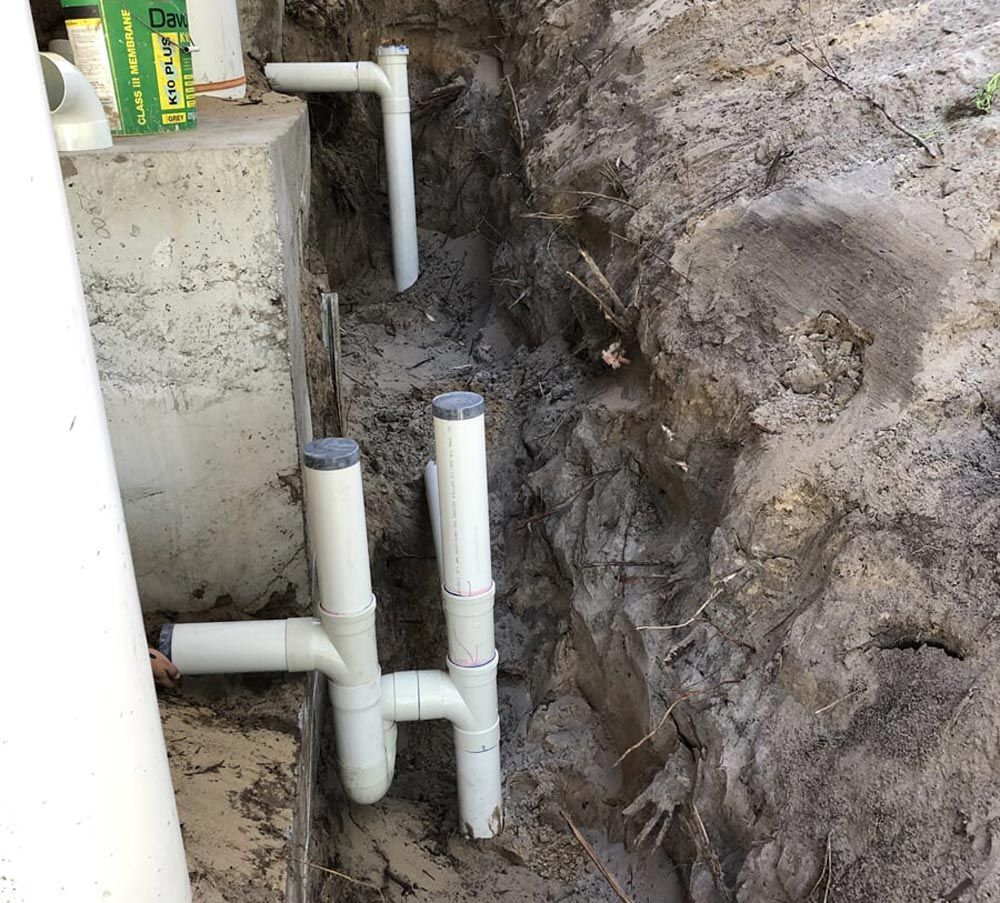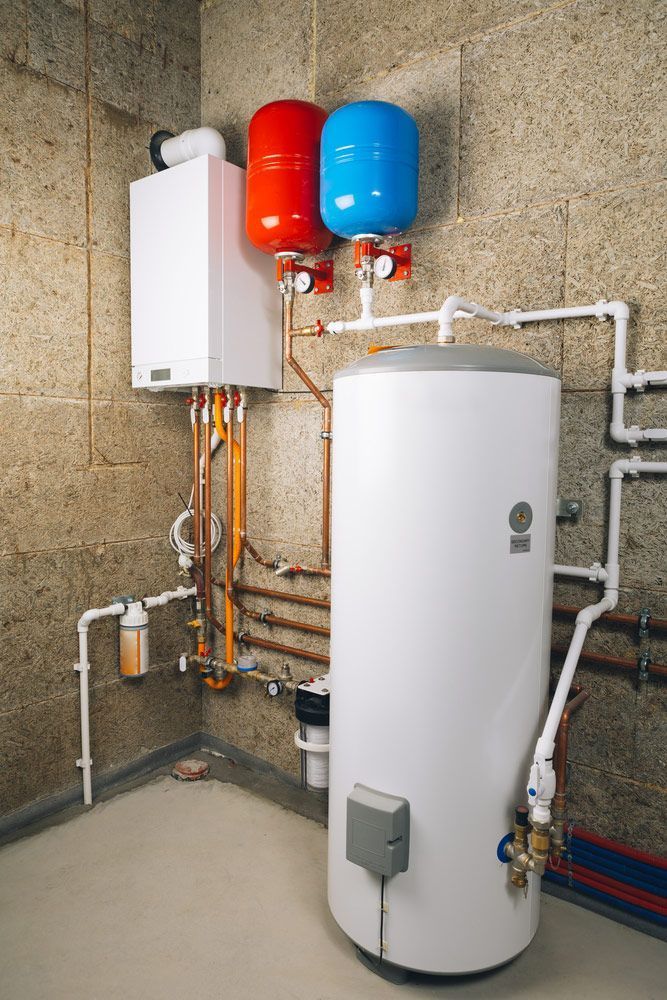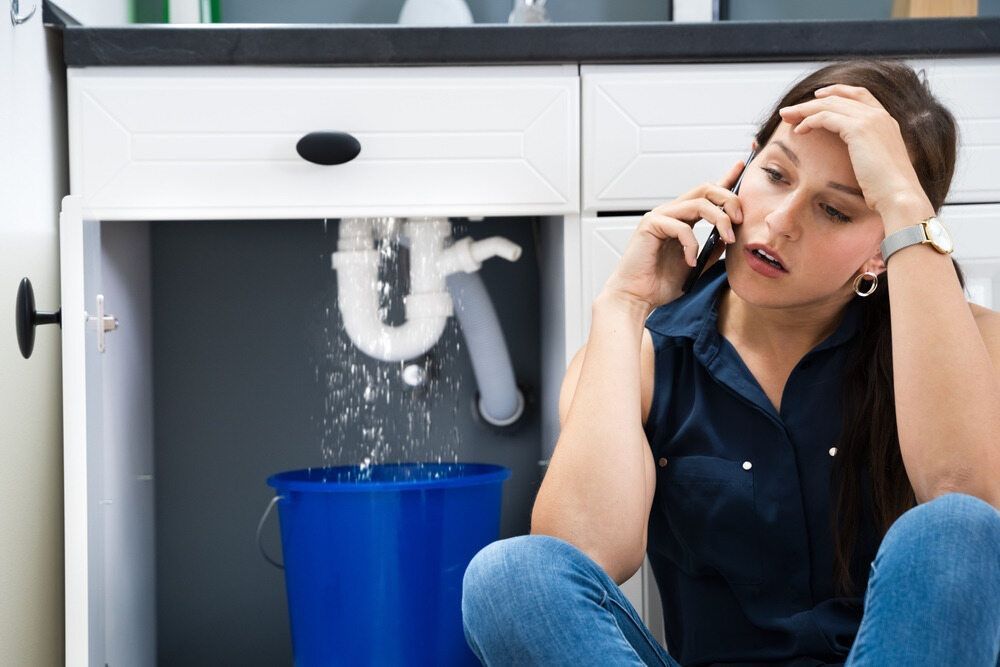Why Gas Fitting Inspections Are Essential Before Selling Your Home
Selling a home is a significant milestone, often accompanied by extensive preparations focused on painting, landscaping, and staging. However, beneath the surface lies an often-overlooked yet crucial element—gas fitting inspections. These checks aren’t just about ticking a box. They’re a proactive step that can influence how quickly and smoothly your home sells. More importantly, they ensure safety, legal compliance, and peace of mind for both you and potential buyers.
Whether your home uses gas for hot water, heating, or cooking, ensuring that the system is functioning correctly before you list your property is essential. Let’s explore why booking an inspection with a gas fitter in Forster is a smart move before heading to market.
Uncovering Hidden Gas Leaks Before They Jeopardise the Sale
You may not even realise there’s a leak—but a buyer’s inspector will. Gas leaks, even minor ones, can delay or derail a sale once discovered during a pre-purchase building inspection. A licensed gas fitter uses specialised tools to detect issues that are not visible or easily noticeable.
Here are several reasons why early detection matters:
- Gas leaks can occur in joints, fittings, or appliance connections and often remain undetected until they are professionally tested.
- Buyers may walk away or renegotiate if a leak is discovered, placing pressure on the seller during the transaction.
- Pre-emptively fixing leaks allows you to control the timing and cost of repairs, rather than reacting in an urgent manner.
Having your property assessed before listing ensures you’re not blindsided during the final stages of a sale.
Ensuring Legal Compliance with Gas Safety Regulations
Selling a home with non-compliant gas installations can expose you to liability, not just inconvenience. Australian gas regulations (such as AS/NZS 5601) outline strict standards for installation, ventilation, pressure, and appliance conditions.
To help reduce risk, a gas inspection covers:
- Verifying that gas appliances meet installation standards and are safely connected.
- Confirming that all gas lines are pressure-tested and sealed correctly.
- Checking that emergency shutoff valves are easily accessible and clearly marked.
- Ensuring adequate ventilation is in place to reduce the risk of carbon monoxide build-up.
By taking these steps before the sale process, you protect yourself legally and avoid last-minute hold-ups caused by non-compliance.
Boosting Buyer Confidence with Certified Gas Safety Reports
In a competitive property market, anything that builds trust with potential buyers works in your favour. Presenting a gas safety inspection report can provide buyers with reassurance that the home is well-maintained and safe. Buyers are more likely to move forward confidently when they know essential systems have been independently verified.
Here’s how a certified inspection can impact the sale:
- Demonstrates transparency and professionalism, which can distinguish your home from others.
- Reduces the number of conditions or delays that a buyer might add to a sale contract.
- Gives your agent a strong selling point when marketing the home.
A gas system that’s safe and up to code becomes a feature rather than a concern.
Detecting Ageing Appliances & Faulty Connections in Advance
Even if you haven’t noticed any issues, older gas appliances or neglected connections can fail inspection when it matters most. A professional inspection helps identify elements that may have worn out or become unsafe over time.
Some common problems that get flagged include:
- Cracked or perished flexible gas hoses, particularly behind ovens and cooktops.
- Corroded fittings or joints in external or exposed pipework.
- Malfunctioning ignition systems that pose a fire or safety risk.
- Evidence of appliance age, lack of servicing, or out-of-date compliance tags.
Identifying and replacing ageing components early is easier, safer, and less stressful than dealing with urgent rectification during a sale.
Avoiding Costly Surprises During the Pre-Sale Building Inspection
Many home sellers are caught off guard when a building inspector picks up on issues they weren’t aware of, especially gas-related faults. These problems, if left unaddressed, can stall the sale process and give buyers leverage in negotiations.
To stay one step ahead, consider these actions:
- Organise a gas inspection before putting your home on the market to address issues early.
- Document all rectification work with invoices and compliance certificates to demonstrate compliance to buyers.
- Schedule repairs or replacements well in advance to avoid delays later.
Proactively managing your gas system means you stay in control and avoid costly surprises during pre-sale negotiations.
Protecting Against Health Hazards Linked to Gas Leaks
Beyond convenience and compliance, gas leaks pose serious health risks—especially from carbon monoxide, which is colourless, odourless and potentially fatal. Poorly maintained gas appliances or damaged pipework can emit low levels of gas that go unnoticed until symptoms appear.
Common symptoms of gas exposure include:
- Headaches, dizziness, or nausea when using appliances such as heaters or cooktops.
- Chest tightness or fatigue with no other apparent cause.
- Irritation in the eyes or throat, especially in enclosed spaces.
- Loss of consciousness in more severe exposure cases.
Having a qualified gas fitter in Forster inspect and service your gas appliances helps prevent these health hazards. It also allows for the installation of carbon monoxide detectors if required.
Raising Property Value Through a Safe, Compliant Gas System
It’s not just about passing inspections—a well-maintained gas system can actually improve your home’s perceived value. Buyers view a safe, efficient gas setup as a long-term asset, especially in properties that utilise gas for hot water, heating, or cooking.
Here’s how a gas inspection can help position your home as a premium listing:
- Demonstrates attention to maintenance and safety, appealing to buyers who value peace of mind.
- Supports marketing claims about energy efficiency or updated infrastructure.
- Minimises post-purchase concerns about appliance replacement or future repairs.
Buyers are more willing to meet your price expectations when they know they’re not inheriting someone else’s problems.
Why Only a Licensed Gas Fitter Should Conduct the Inspection
When it comes to gas systems, there’s no room for shortcuts. A general plumber or handyman isn’t qualified to assess gas safety or issue compliance certificates. Only a licensed gas fitter can lawfully carry out gas inspections, test for leaks, and verify the safety of appliances.
A licensed professional will:
- Conduct gas pressure testing to ensure there are no hidden leaks or fluctuations.
- Check every connection, appliance and valve against current safety standards.
- Document any issues clearly and provide a roadmap for rectification.
- Offer compliance certificates where required by law.
Using the right professional not only ensures a more thorough job—it also protects your sale from being challenged later.
Book Your Pre-Sale Gas Inspection with Foreshore Plumbers
At Foreshore Plumbers, we understand the importance of a smooth, stress-free property transaction. Our licensed gas fitter in Forster can perform a detailed gas inspection to ensure your home is safe, compliant and sale-ready. We help uncover hidden faults, provide peace of mind, and support your documentation with professional reporting.
Whether you’re selling soon or planning, get in touch to arrange a consultation or call us for more information. Let’s take care of the gas so you can focus on the sale. Contact us today!
